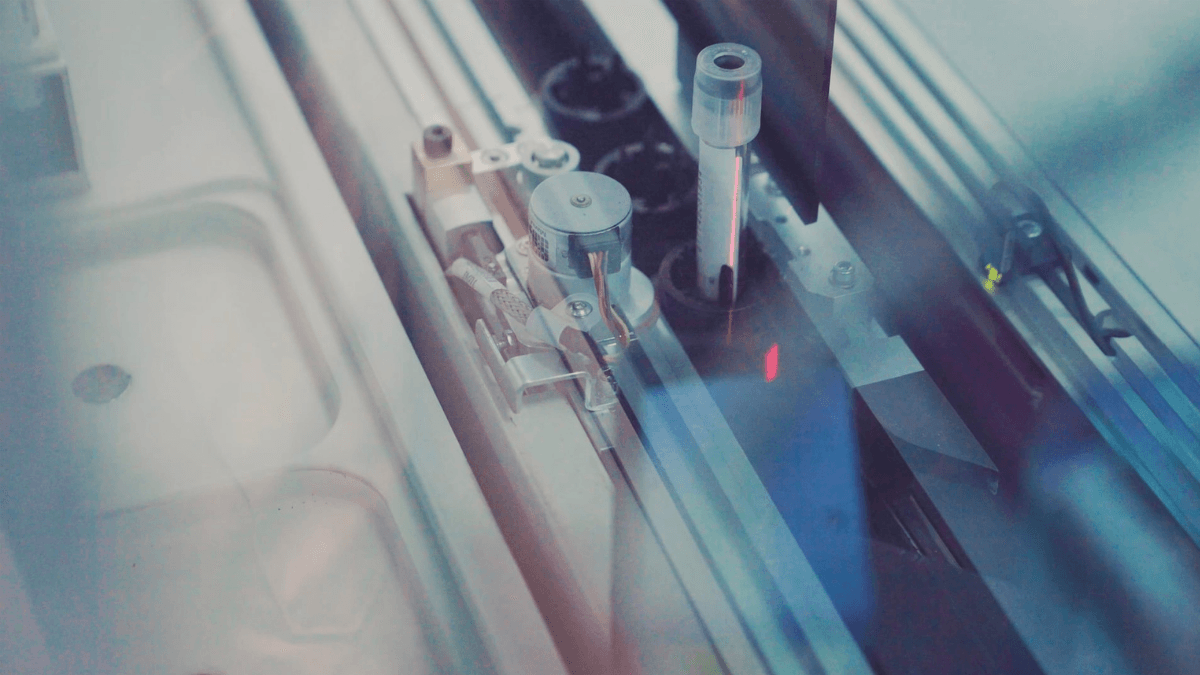“Software has become the spinal cord of a business.”
Those are the words of Appian co-founder and CEO Matt Calkins, in his new book Hyperautomation.
“Software governs most of what a business does,” Calkins explains. “It doesn’t simply control the business’ communication with its suppliers and customers, it is the means by which an organisation acts entirely.”
In a year defined by constant change, companies have needed to be agile in ways they have never before been required. As software controls a company’s ability to be agile, Calkins says it has been the time for businesses to look for new ways to adapt.
“2020 has forced businesses to see how important it is to change,” he says. “You never know what kind of emergency, regulation change or customer demand change might force you to adapt. If this year has taught us anything, it has been that we need to be ready to do just that.”
Calkins founded Appian 21 years ago. His mission? To give businesses back their human capabilities, their ability to consider and reframe, and express themselves in a human way to their customers. All of that is more possible when software is easy to create, and easy to change.
“I wanted to create an organisation that could have an impact on society, and a career that was based on more than just moving money into my bank account,” Calkins says. “All I really wanted to do was make a change.”
“I used to worry that the responsibility of starting a business would be stressful. Once I started Appian I realised that the responsibility wasn’t the stressful part, it was the frustration of not being able to take all the actions you want to take.”
Appian was bootstrapped from the moment it was founded. Calkins was determined to build a software company, but understood the difficulty of doing so with little money. So, he went into consultancy in order to build a steady cash-flow and connect with potential clientele.
“In software, there’s a long work-to-cash cycle,” he says. “You can write the software, but you have to spend money to write it, and then you have to spend more money to market it, and to sell it.
“By the time you actually get any money back, it’s been a long time, and we didn’t have the money to wait through a long cycle like that. In order to get some money quickly, we had to do something with a short work to cash cycle. We chose consulting.
“While we were consulting, we were also building our product background. Consulting was good not only for getting us money quickly, but also for giving us credibility, ideas, and some relationships that later turned into opportunities to show our product.”
Appian is a low-code platform that lets customers create apps 20 times faster than traditional ways. The company’s sophisticated reimagining of the coding process allows businesses to draw a flowchart or workflow and convert that into an application.
“It’s a lot faster than writing lines of code,” Calkins says. “Not only does our software make it easier to create applications, but it also makes them easier to change. All companies have to do is track back to their original workflow.”
It is also a brilliant example of hyper-automation, which is the subject of Calkins’ new book.
“What we’re seeing right now is a complicated market emerging. It has to do with combining different worker types and igniting dispersed assets, giving you an accelerated way to define software.
“We don’t want people to be confused, we want them to understand the new world we are heading into. So we went out to all the thought leaders, the influencers and the experts to get them to write a chapter to tell us what they think of hyper-automation, low-code and automation.”
“I believe that in the future, organisations are going to expect and demand more agility out of their behaviour and less out of software than they ever had before. Hyperautomation will allow people to do that.”
So what’s the future for Calkins and Appian?
“We’re on to a big idea,” he says. “We’re the first pure-play low-code firm to go public, and the biggest by revenue and experience. All I can say is Appian is in a very good place as this market becomes more important.”
Keep up to date with our stories on LinkedIn, Twitter, Facebook and Instagram.

